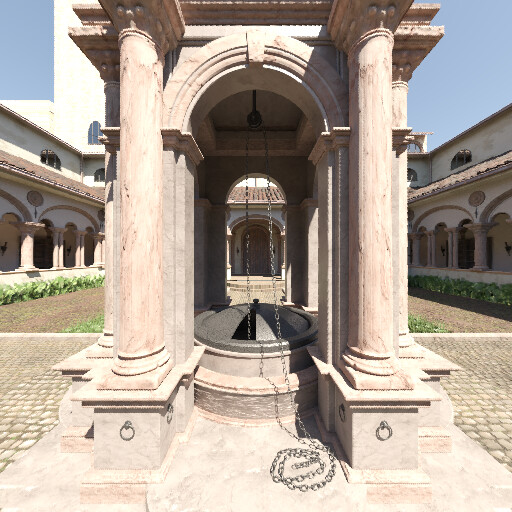Our paper, “AQUa : an adaptive framework for compression of sequencing quality scores with random access functionality”, has been accepted in Bioinformatics.
The past decade has seen the introduction of new technologies that significantly lowered the cost of genome sequencing. As a result, the amount of genomic data that must be stored and transmitted is increasing exponentially. To mitigate storage and transmission issues, we introduce a framework for lossless compression of quality scores.
This article proposes AQUa, an adaptive framework for lossless compression of quality scores. To compress these quality scores, AQUa makes use of a configurable set of coding tools, extended with a Context-Adaptive Binary Arithmetic Coding scheme. When benchmarking AQUa against generic single-pass compressors, file sizes are reduced by up to 38.49% when comparing with GNU Gzip and by up to 6.48% when comparing with 7-Zip at the Ultra Setting, while still providing support for random access. When comparing AQUa with the purpose-built, single-pass, and state-of-the-art compressor SCALCE, which does not support random access, file sizes are reduced by up to 21.14%. When comparing AQUa with the purpose-built, dual-pass, and state-of-the-art compressor QVZ, which does not support random access, file sizes are larger by 6.42-33.47%. However, for one test file, the file size is 0.38% smaller, illustrating the strength of our single-pass compression framework. This work has been spurred by the current activity on genomic information representation (MPEG-G) within the ISO/IEC SC29/WG11 technical committee.







